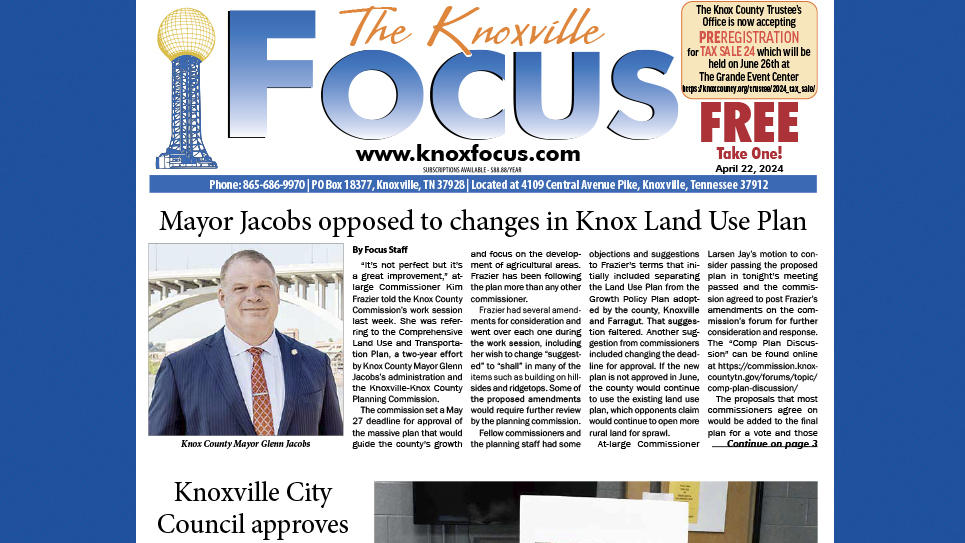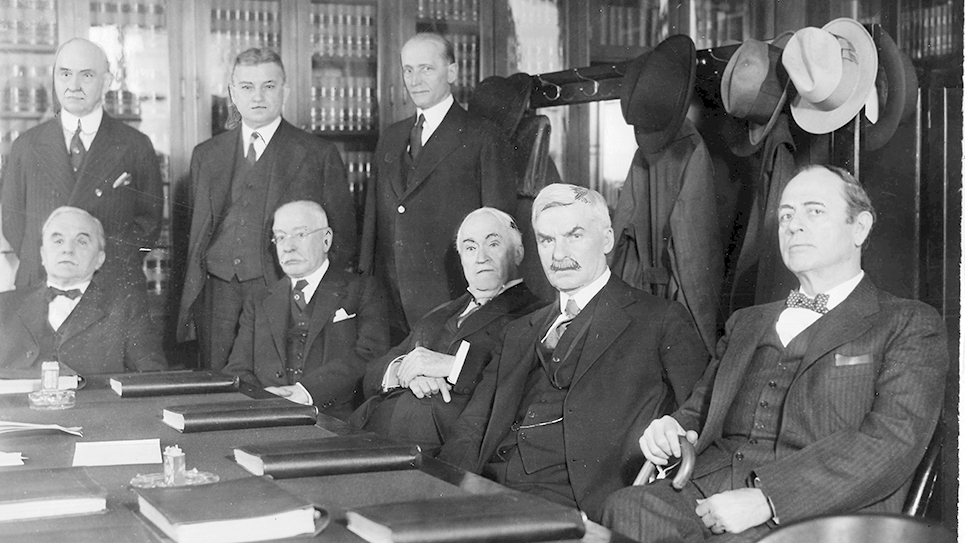Since 2000, downtown has added an average of 55.9 residential units per year. Today, there are 99 residential developments with 1,833 units.
The downtown area has also seen a rise in residential sale prices. The average sale price of a condominium in 2000 was $130,242. Sixteen years later, it had risen to $297,350. Another indication of increased demand for downtown housing is that the average number of days on the market for residential properties has been decreasing since 2011.
This growth has been supported by a mix of public and private sector investments. Over the last 18 years, private investment in downtown residential construction, renovation, and conversion has averaged $9.1 million annually. There has also been an increased commitment to infrastructure improvements by the City of Knoxville. Over the last five years, the City has dedicated more than $19 million to projects in and around downtown, with $12.5 million of that total in 2018.
Based on publicly announced projects, housing growth is expected to continue. An additional 16 developments with 1,183 units are expected in the near future, but only 6 of those 16 developments will utilize existing buildings. As downtown’s existing building inventory continues to decrease, residential developers will have to look toward undeveloped parcels for new housing. This transition has already been evident over the past three years with projects like Marble Alley Lofts, a newly constructed residential building with 248 apartments.
More details associated with downtown housing can be found within the Downtown Knoxville Housing Market Technical Report, available at knoxmpc.org/news/2018/293/Downtown-Knoxville-Housing-Market_2018_Tech-Report.pdf.






